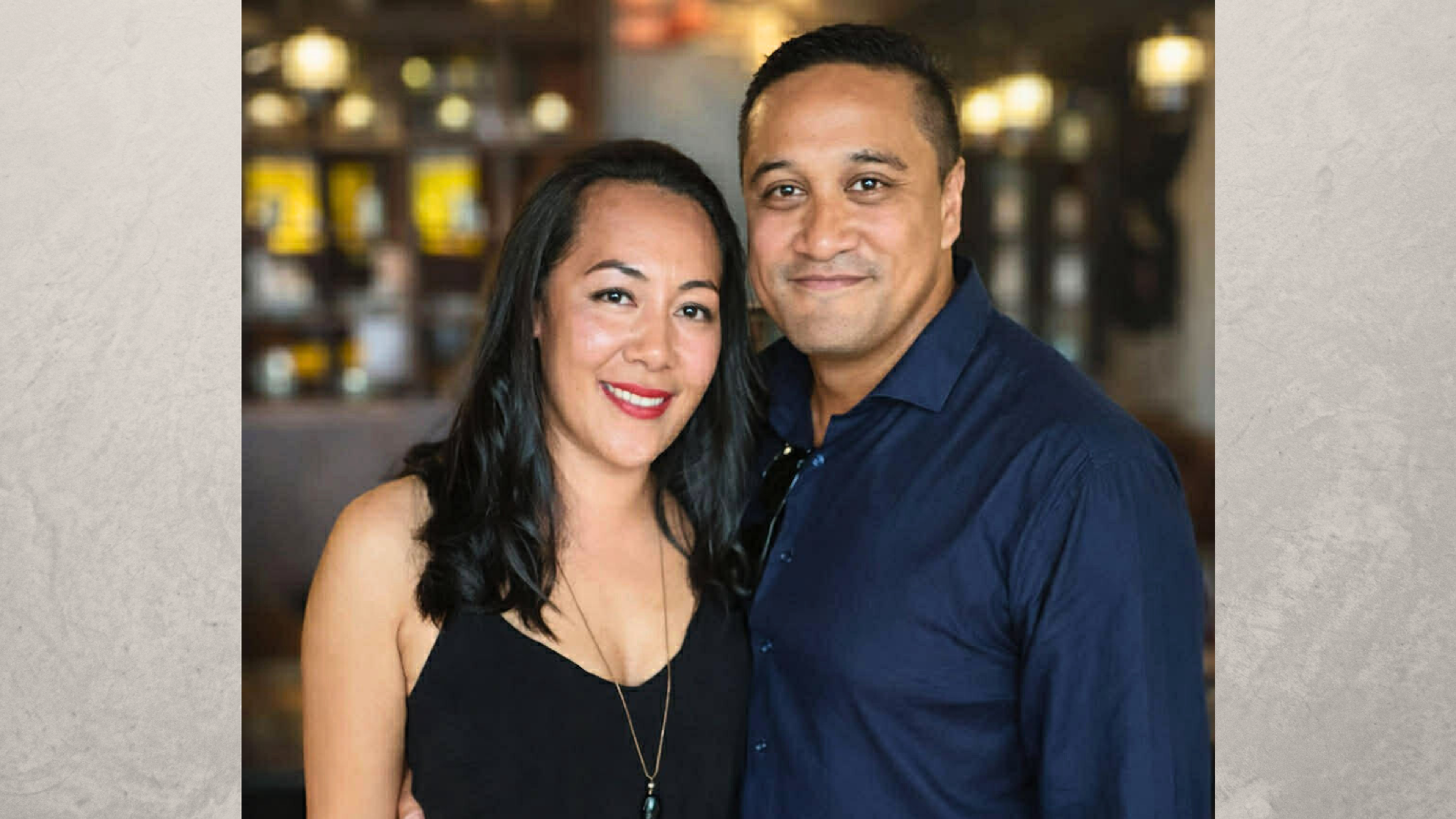

Dalton Tagelagi was re-elected as Prime Minister in 2024 for the 18th Niue Legislative Assembly Currently on his 5th Term.
Photo/Supplied
Dalton Tagelagi: Niue on course to achieve its renewable energy goals
Niue is hosting its second National Energy Summit to chart a new roadmap to 2035, bringing together leaders and communities to plan the island’s future.


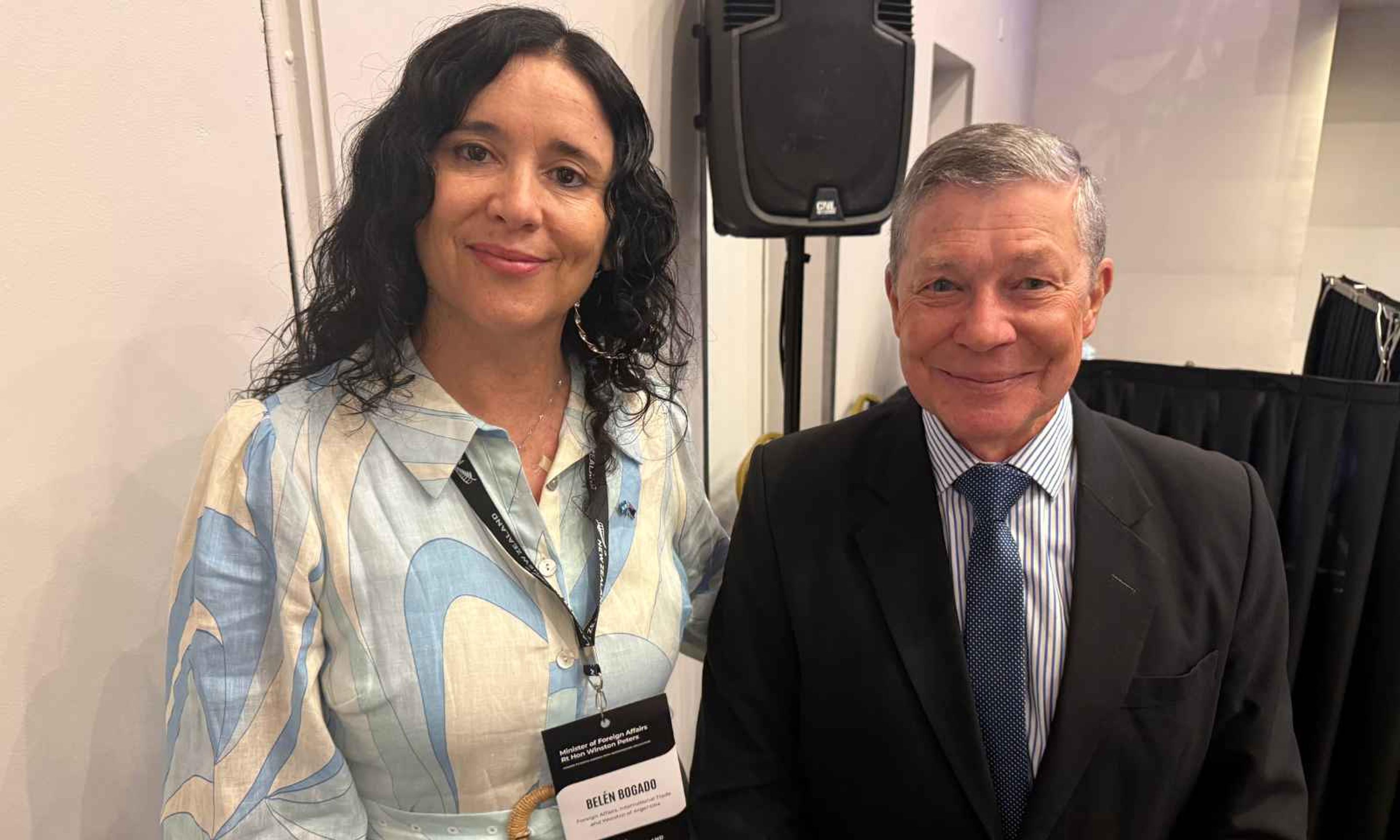
How the Pacific region could benefit from Argentina’s economic rebound, expert
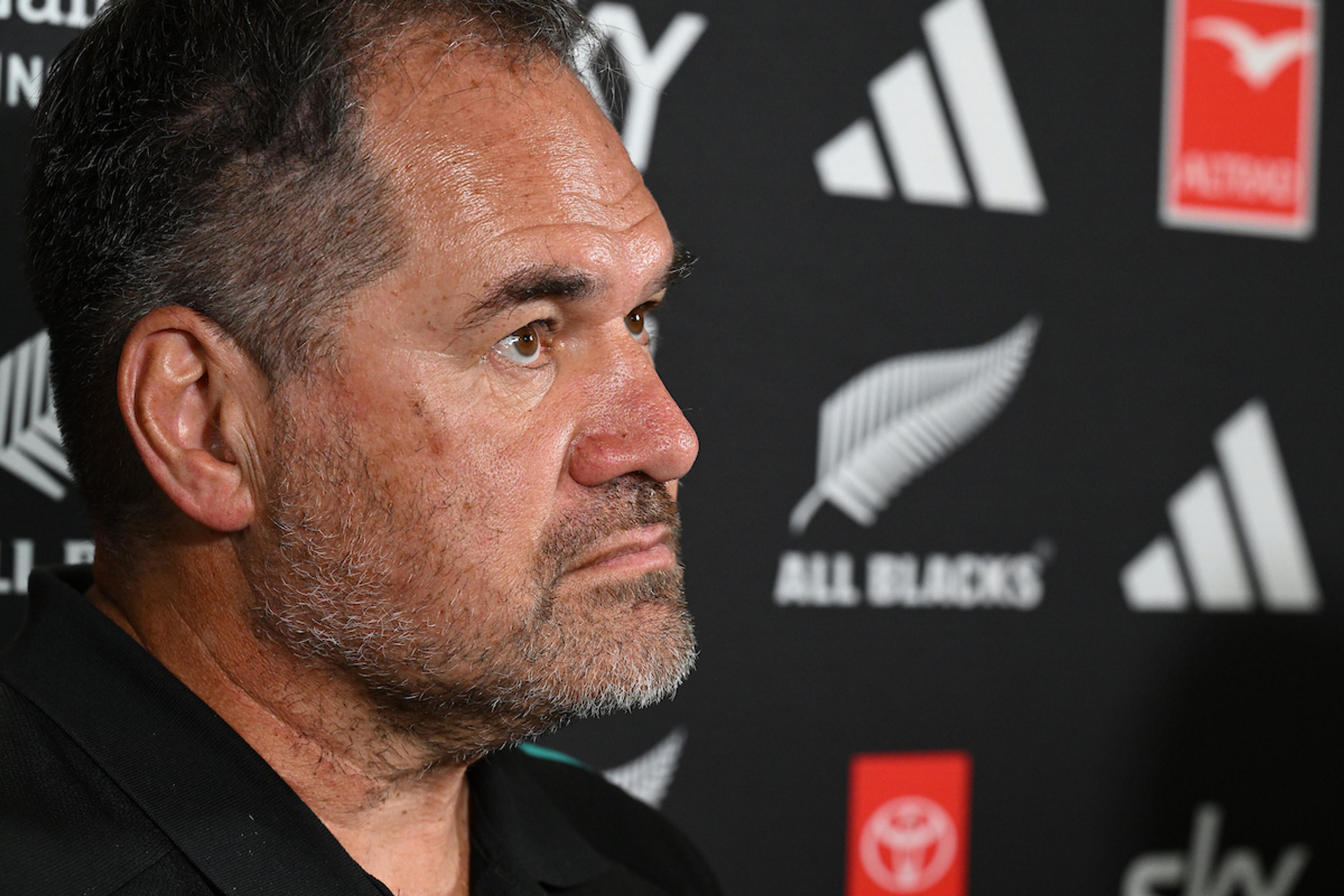
Dave Rennie becomes first All Blacks coach of Pacific heritage

‘Without fear or favour’: Barbara Dreaver chronicles 30 years on the Pacific frontline


Tongan family in Abu Dhabi recount explosions as Middle East conflict escalates

How the Pacific region could benefit from Argentina’s economic rebound, expert

Dave Rennie becomes first All Blacks coach of Pacific heritage

‘Without fear or favour’: Barbara Dreaver chronicles 30 years on the Pacific frontline
Niue’s Prime Minister Dalton Tagelagi says the island nation will achieve its ambitious renewable energy goal by the end of 2025, reducing its reliance on fossil fuels and contributing to its Paris Agreement commitments.
Niue’s Prime Minister says the island nation will meet its “ambitious target” of 80 per cent renewable energy by the end of this year.
Speaking on PMN Niue, Tagelagi says reaching the target will reap many benefits for the nation, which sits 68 metres above sea level at its highest point.
“We will be reaching that target with 80 per cent renewable energy, and that means it will save us a lot in fossil fuel,” Tagelagi says.
“Fossil fuel is one of the main contributors to climate change, and that means that will factor in as part of our national determined contribution towards the Paris Agreement.”
Niue is currently hosting the Niue National Energy Summit 2025 in partnership with the United Nations Development Programme.
The Summit brings together government leaders, MPs, village councils, private sector players, development partners and community stakeholders to co-develop a shared vision for Niue’s energy future and set priorities for the next Energy Roadmap through to 2035.
This is the second Energy Summit, following the 2015 summit, which set the target of achieving 80 per cent renewable energy by 2025.
Last year, during a visit to Niue, Aotearoa, New Zealand Prime Minister Christopher Luxon announced an investment of $20.5 million in a new, large-scale project aimed at helping the island nation achieve its renewable energy target.
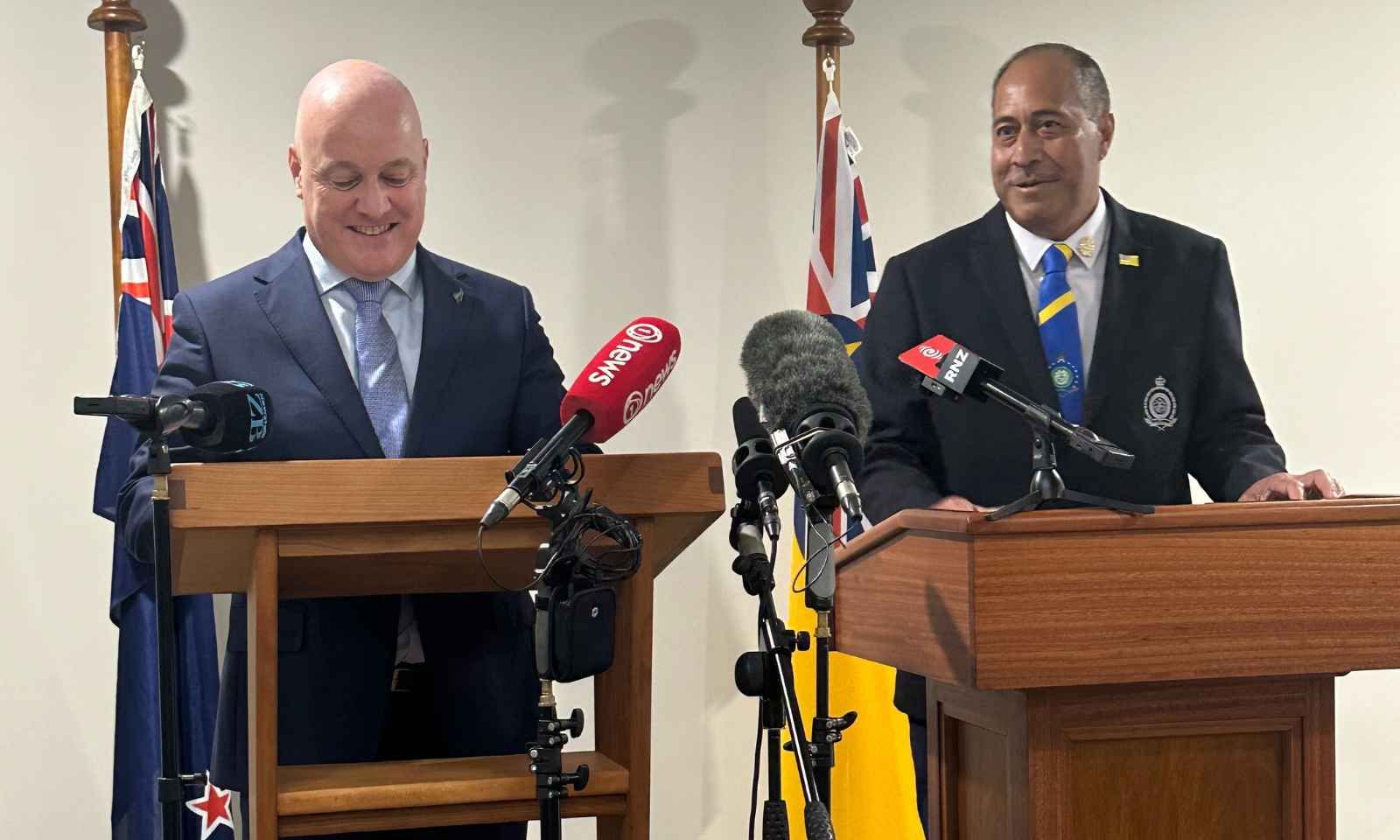
NZ PM Christopher Luxon and Tagelagi in Niue last year. Photo/PMN News/Ala Vailala
The project also ensures better energy security during destructive weather events.
Tagelagi says that greater funding commitments for Small Island Developing States are needed, a sentiment echoed by many leaders during last year’s Conference of the Parties in Azerbaijan.
“Everyone was calling for at least US$39 billion (NZ$65b) annually to support adaptation across all small island development states,” Tagelagi says.
Reflecting on last month’s United Nations Ocean Conference, Tagelagi says Niue is gaining international traction due to homegrown initiatives, such as when the nation declared its entire Exclusive Economic Zone (EEZ) a Multiple-Use Marine Park under the Nukutulea Framework in 2022.
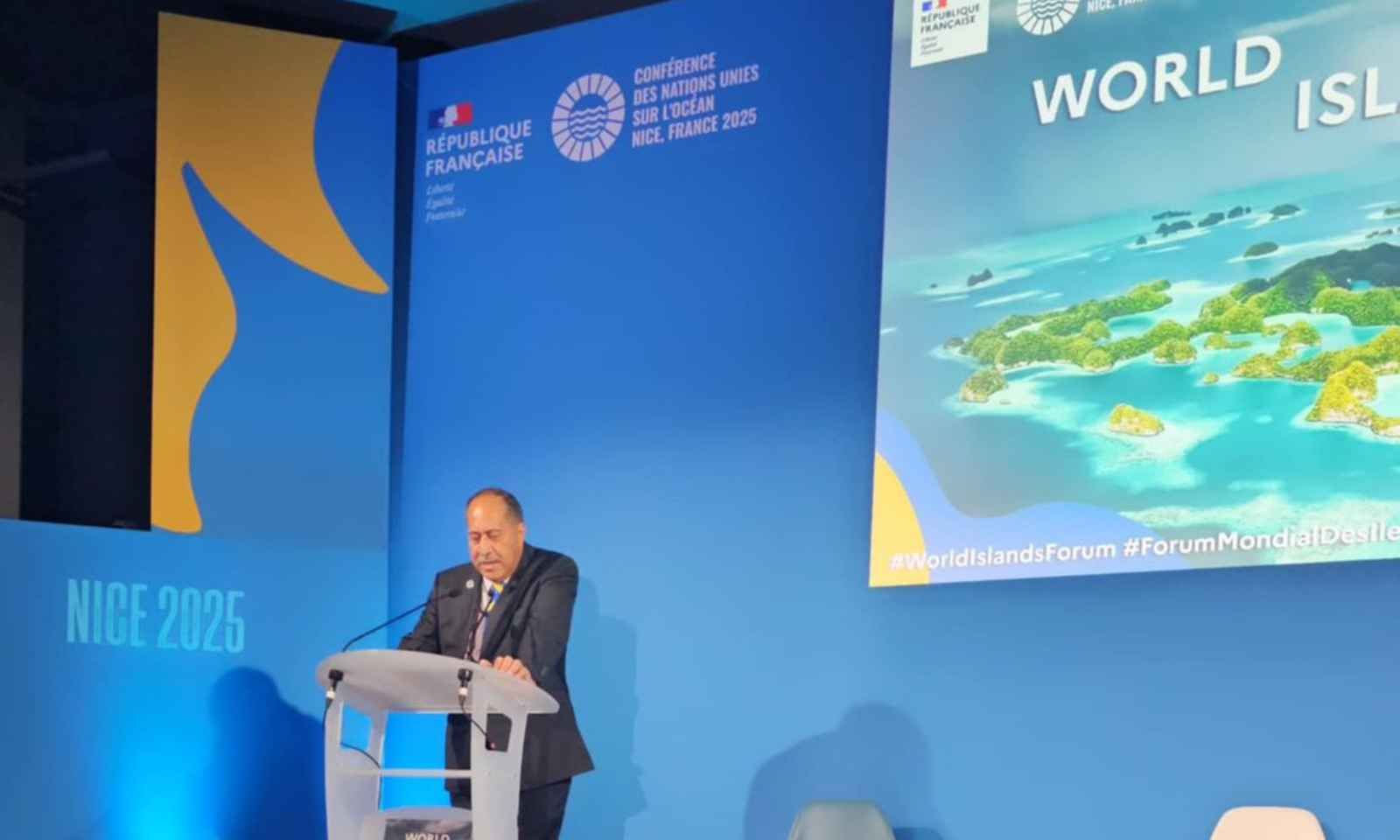
Tagelagi speaking at the UN Oceans Conference in France last month. Photo/Supplied
Niue is one of the few countries worldwide with 100 per cent of its ocean space legally managed and marks the second largest no-take Marine Protected Area by EEZ percentage globally.
“The world's keeping an eye on it because of how it was structured or how the initiative and thing is,” Tagelagi says.
“It does come with higher responsibilities with people outside wanting to know more about what we're doing.
“It is one thing to put ourselves out there. The other challenge would be how we can manage ourselves with outside requests and so forth.”